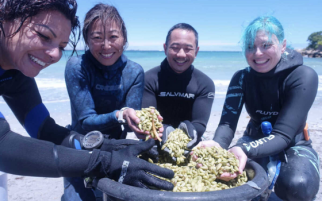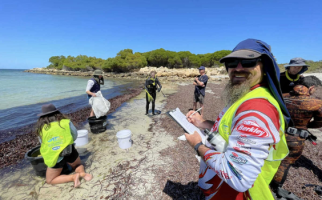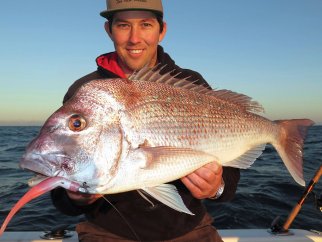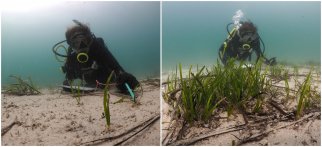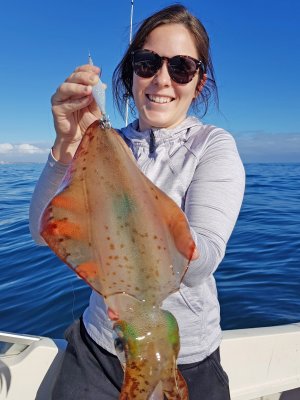Recfishwest was pleased to hear Environment Minister Reece Whitby talk up the importance of Cockburn Sound and its seagrass habitat at a recent partnership agreement signing between Cockburn Power Boats Club (CPBC) and Ozfish for the Seeds for Snapper initiative that Recfishwest was instrumental in developing.
At the signing which took place at Woodman Point earlier this month, Minister Whitby admitted, “Over many years, we haven’t always exactly looked after Cockburn Sound. The seagrass has depleted dramatically…there are multiple uses and pressures on this valuable ecosystem and it’s taken its toll.
“Cockburn Sound plays a very important role economically, but it also plays a very important role socially and culturally – we know that anglers love it. We know the significance it has for our community and why it’s so important.
“Seagrass meadows are very critical for our fish. They provide a safe sanctuary, a nursery, a habitat and seagrass is also important to stabilise the sediment and it protects against erosion as well.
“It’s wonderful habitat to support some of the species that exist here that people are keen on – pink snapper, King George whiting, herring, fish that we enjoy all along the metro coast and providing that nursery environment for these fish is also very vital.”
The partnership agreement signing deal the Minister was attending saw CPBC sign a formal deal supporting the Seeds for Snapper seagrass restoration habitat project run by Ozfish and supported by Recfishwest.
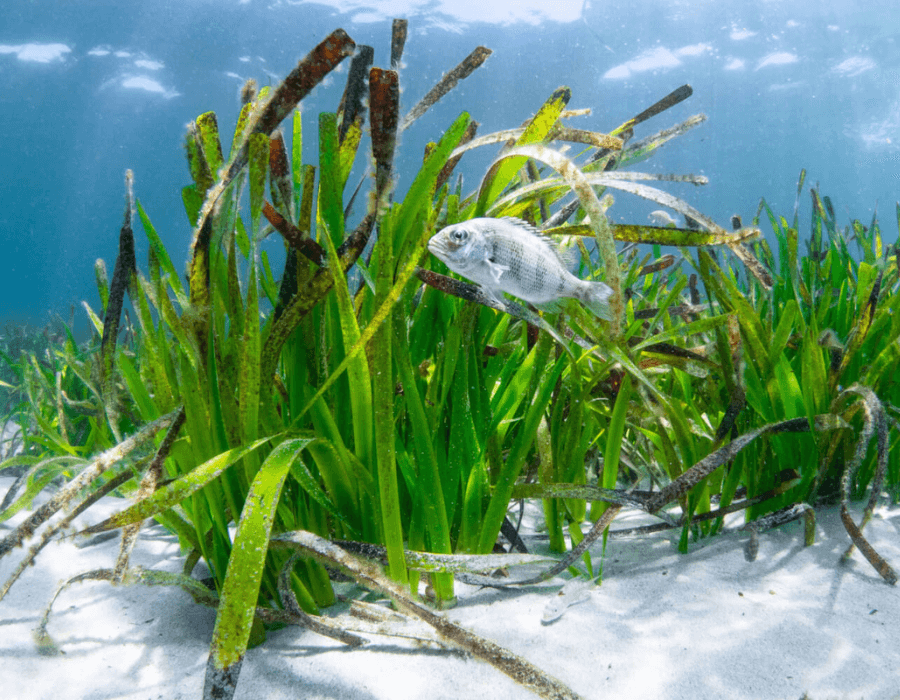
Holding the Minister to his words
Recfishwest Operations Lead Leyland Campbell, who also spoke at the event, welcomed the Environment Minister’s comments.
“It is good to hear that Minister Whitby has an appreciation of how important Cockburn Sound and its seagrass meadows that support the Sound’s abundant sea life is to the community,” said Leyland.
“We will be sure to hold the Minister to his words ahead of plans for the Westport international container port. What the Minister said highlights why questions must be answered on the impact dredging millions of tons of sand will have on the seagrass and the fish that rely on these meadows.
“That said, we are glad to see CPBC get behind Seeds for Snapper and we hope to see many other partners coming on board for this important project.”
